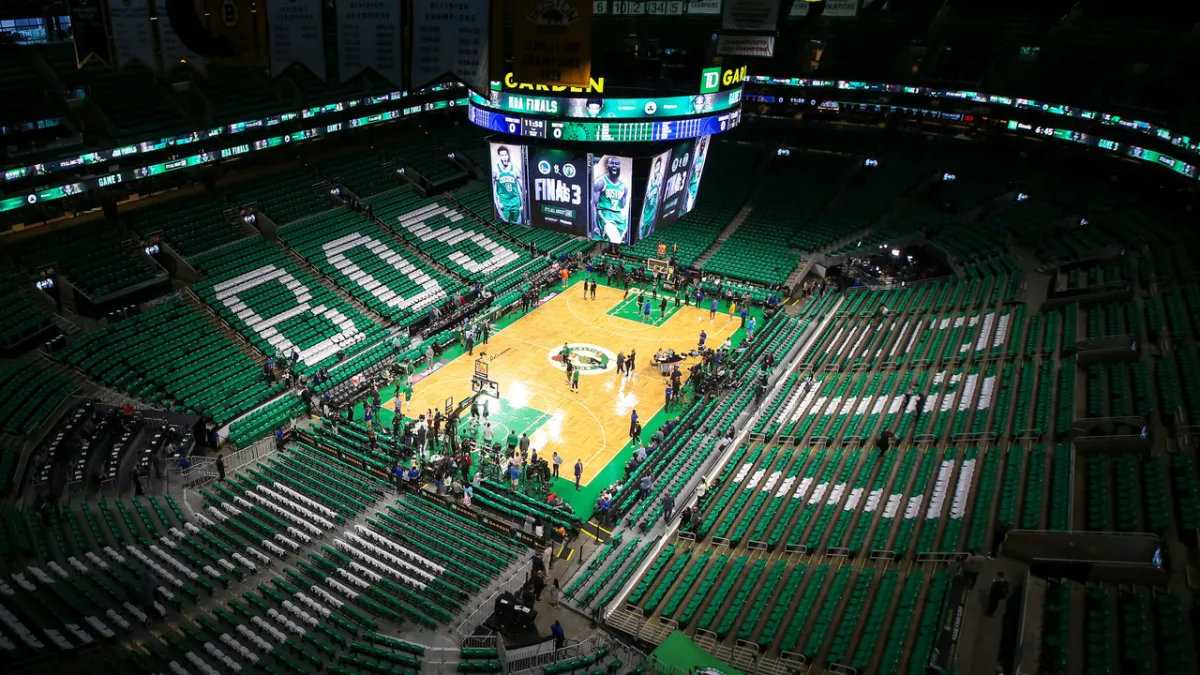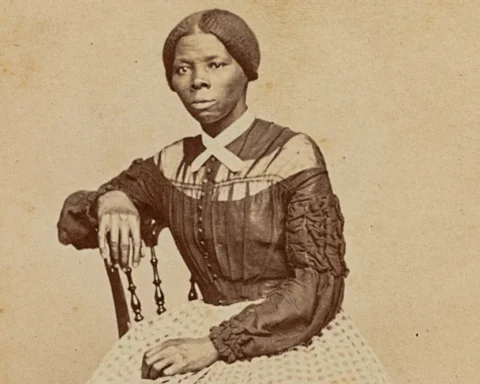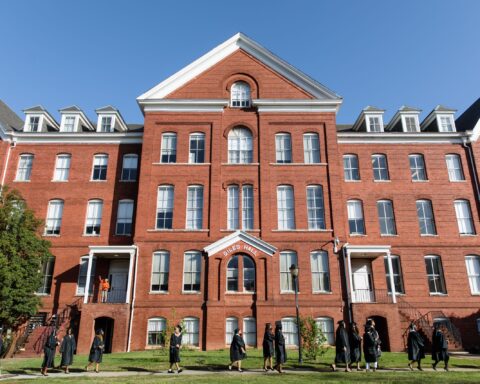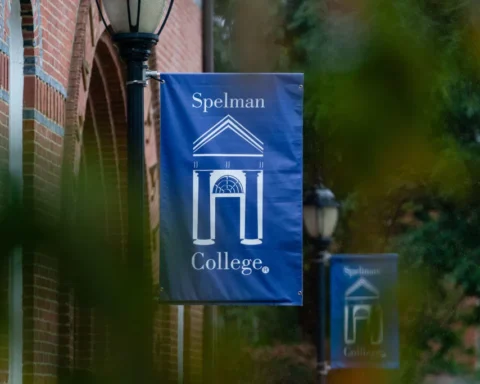By Kailyn Smith
The Boston Celtics had two reasons to celebrate on Jan. 29— a season-best performance by forward Kristaps Porzingis, which led the team to a 122-100 win over the Chicago Bulls, and the franchise’s third-ever Historically Black Colleges and Universities Night.
HBCUs are institutions of higher education in the United States established prior to the 1964 Civil Rights Act, with the ongoing mission of educating Black Americans, according to the United States Department of Education.
The majority of HBCUs are located in the Southern and Mid-Atlantic regions of the United States. While there are a few institutions further west, there are no HBCUs in New England.
But this past Wednesday, the sea of green among the crowd at TD Garden was freckled with HBCU merchandise and Divine 9 Greek paraphernalia, representing schools like Howard University andSpelman College. Many alumni organizations were also in attendance.
Attendees heard reflections from Celtics team performance coach and Delaware State University alumnus, Isaiah Covington, and former NBA HBCU Fellowship Program members, Nehemiah Thompson and Zion Tyson.
At the inaugural HBCU night in 2023, Covington said that it was important “to highlight HBCUs, the history, the cultures that it has.”
“We have a lot of notable figures that attended and graduated from HBCUs,” Covington said in 2023. “From an awareness standpoint for students, parents who may be interested, I think it’s just good to know.”
Sheena Collier was honored as the night’s “Hero Among Us” for her service to the Black community in Boston — she founded Boston While Black, a networking organization for “professionals, entrepreneurs, and students seeking connection and community,” and reactivated Spelman College’s alumnae club in Boston.
Collier received an arena-wide standing ovation for creating welcoming spaces for Black Bostonians.
One of Boston University’s most famous alumnus, Martin Luther King Jr., graduated from Morehouse College, an HBCU, as did his father, grandfather and sons.
But while some HBCU alumni have put down new roots in Boston, the difference in environment and culture is particularly tangible in sports. A number of Boston sports fans have come to understand the community’s reputation for anti-Black racism over the years.
Many NBA players have directly acknowledged this phenomenon, notably Marcus Smart and Kyrie Irving, Black former Celtics players. What Irving deemed “underlying racism” has been described by Bill Russell as a “flea market of racism.”
The franchise has taken significant strides to reject racism from the very beginning. In the 1950’s, the Celtics drafted the first African-American player, Chuck Cooper, and would later hire the first African-American coach and play the first all-Black starting five.
Further, the Celtics have drafted 13 players from HBCUs in the organization’s history, as early as 1957 with North Carolina Central University’s own Sam Jones. Jones would become a Hall of Famer and member of the NBA’s 75th Anniversary team, holding the second most championships of any NBA player.
Additionally, the Celtics and the Boston Celtics Shamrock Foundation created Boston Celtics United, a philanthropic initiative with an initial investment of $25 million, committed to “addressing racial injustice and social inequities in the Greater Boston area,” according to its website.
The event Wednesday night brought together the Celtics fan base from far and wide. For William Tomlinson, this night was a display of community.
“It’s good to see Black culture in the city,” said Tomlinson, director of the Software & Application Innovation Lab at BU and a member of the first intercollegiate Greek-letter fraternity established for African American men, Alpha Phi Alpha Fraternity, Inc..
Some fans even travelled to Boston to attend the game, including Jarell Johnson, who visited from North Carolina.
“I like the initiative of trying to appreciate the HBCUs,” Johnson said. “I certainly hope to see more of them.”
Gabrielle Campbell, a Spelman College alumna, sang the National Anthem before a crowd of more than 19 thousands fans. After the game, she caught up with fellow Spelman alumnus McKenzie Severson, who she graduated with in 2024.
This night was important to Campbell because it was a chance for the Celtics to display the “different sides” of HBCU life from music to sports to academics, Campbell said.
“Our connection is so strong,” said Severson in regards to Spelman and Morehouse alumni.
“No matter where you go in any city, you’re going to find a bunch of people that came from your school and will support you no matter what.”





